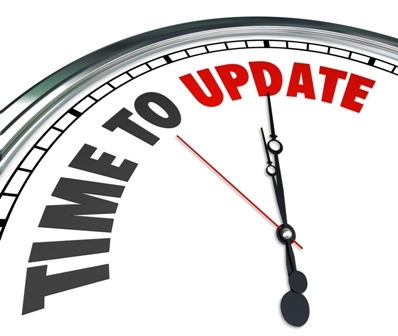Internal Medicine Coding Alert
Learn if You Need an Anesthesia Modifier With Procedural Code

Question: We had a young patient who came into our office for an ingrown toenail (11750). Initially the physician was prepared to have the anesthesiologist administer local anesthesia but within minutes the patient became extremely agitated in great pain and required general anesthesia. What modifier should I use: 23 or 47?
Rhode Island Subscriber
Answer: You don’t need a modifier for this situation. You would just report 11765 (Excision of nail and nail matrix, partial or complete [e.g., ingrown or deformed nail], for permanent removal). The coder for the anesthesia provider will take care of the rest.
Modifier 47 (Anesthesia by surgeon) wouldn’t be correct because your internist didn’t administer the anesthesia and perform the procedure. When your physician performs both anesthesia and surgery, the anesthesia is included in the surgery.
Circumstances when modifier 47 (informational only) wouldn’t be used are:
You should use Modifier 23 (Unusual anesthesia) when anesthesiologists, CRNAs, or anesthesiologist assistants (AAs) perform general anesthesia on procedures that are normally performed under local anesthesia or with a regional block.
Even the anesthesia coder would not use modifier 23 with procedure codes that:
Related Articles
Internal Medicine Coding Alert
- Influenza Vaccine Update:
Strengthen Your Influenza Coding Knowledge With 90630
Heads up: The code is now FDA-approved, so expect payments Although the influenza vaccine code [...] - NGS Update:
MAC To Readjust Denials for Routine Foot Care and Nail Debridement
Watch out for scenarios where Medicare is denying payments for preoperative tests, too. If you [...] - ICD-10:
ICD-10 Transition Sailing Smooth For Most Practices
Some potential issues, however, may remain to be analyzed. If you asked medical practices a [...] - Clip and Save:
Influenza Coding Made Easy with These Handy Tips
As flu season drags on, you will need to be quick on your toes to [...] - Consultations:
Remove Cloud Of Doubts In Consultation Coding
Confirm with your payer before billing if it follows Medicare rules. Medicare doesn’t recognize consultation [...] - You Be the Coder:
Learn if You Need an Anesthesia Modifier With Procedural Code
Question: We had a young patient who came into our office for an ingrown toenail (11750). [...] - Reader Question:
"No Charge" Visits Count Toward Established Patient Status
Question: Our internal medicine specialist saw a patient during a quick assessment last year at no [...]




